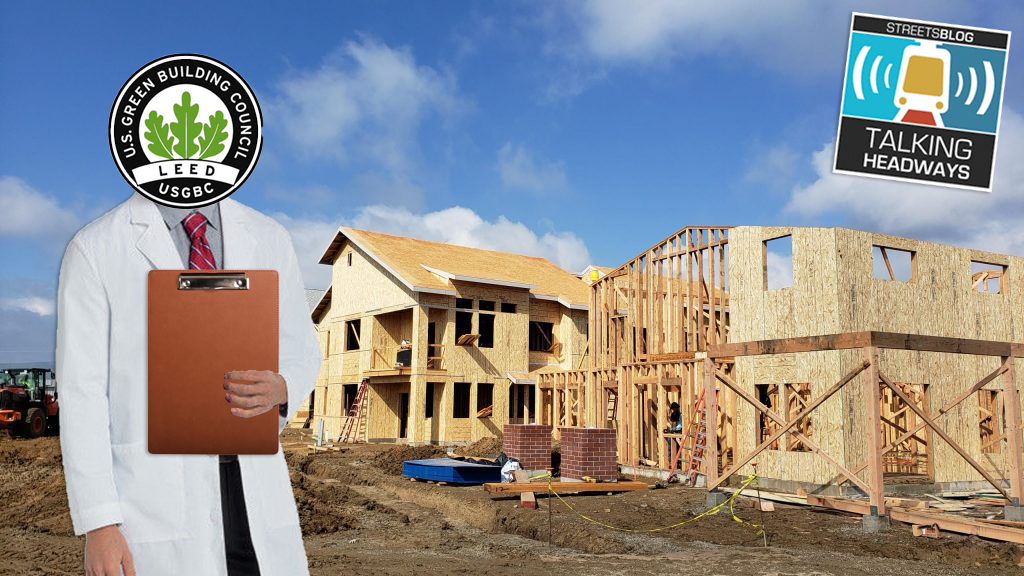
"This week, we're joined by Adele Houghton of the Harvard School of Public Health and Carlos Castillo-Salgado of the Johns Hopkins Bloomberg School of Public Health to discuss their new book, Architectural Epidemiology: Architecture as a Mechanism for Designing a Healthier, More Sustainable, and Resilient World. We chat about how to architecture itself can create more healthy neighborhoods - and why it's not just checking off boxes on a LEED checklist."
"Carlos Castillo-Salgado: There is a tremendous amount of knowledge that is placed in different silos that has not been very useful to respond to the needs of the society in this century, we call the "knowledge/do gap." We have tons of for knowledge that we don't apply particularly in public health or even architecture. We decided to bring all these connections together to recognize that the silos of climate change, of the air quality, all of those need to be bridging and already apply methodology that is offered by epidemiology"
"So I had been doing work with the health department in the City of Austin and Travis County through my fellowship at the CDC, looking at developing environmental public health indicators that combine the vulnerability of people and the vulnerability of infrastructure and natural environments to extreme heat and flood"
Architecture influences public health through design choices that affect air quality, extreme heat exposure, flooding risk, and social vulnerability. Knowledge across climate science, air quality, public health, and architecture often remains siloed, creating a gap between available knowledge and applied solutions. Integrating epidemiological problem-solving with architectural practice bridges these silos and supports design of healthier, more sustainable, and resilient neighborhoods. Environmental public health indicators that combine population vulnerability with infrastructure and natural environment vulnerability can guide planning and infrastructure decisions to reduce risks from extreme heat and floods.
Read at Streetsblog
Unable to calculate read time
Collection
[
|
...
]